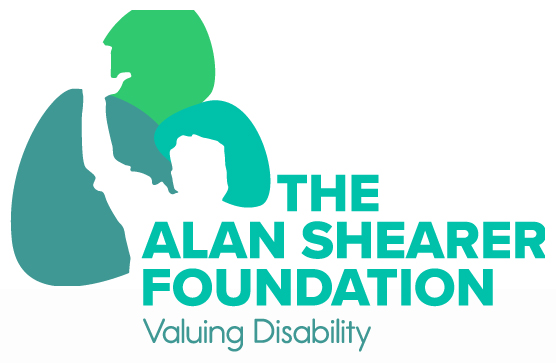Real Madrid midfielder Toni Kroos has described the decision to award Qatar the 2022 World Cup as ‘wrong’, but believes that boycotting the tournament is not the right way to protest, amid concerns over the labourers’ human rights and working conditions.
A recent report revealed that at least 6,500 migrant workers have died since Qatar was handed the honour of hosting the prestigious tournament, which has caused several national teams to lead protests, while there are talks of some boycotting the tournament.
Kroos’ comments go beyond the criticism from several national teams, including Germany and Norway, which tried to draw attention to human rights issues ahead of recent World Cup qualifying matches.
“For this tournament to be awarded there, I consider that wrong,” Kroos said on a podcast released Tuesday that he hosts with his brother.
Kroos flagged up the working conditions for migrant workers, saying they were often “working without breaks, sometimes in 50-degree (Celsius) heat” without enough drinking water. He also noted anti-gay laws in the country and Qatar being “not a soccer country”
Kroos, who was on the German team which won the 2014 World Cup in Brazil, said a boycott campaign was unlikely to have much effect but drawing attention to human rights issues during the tournament could help.
Watchdog calls on #England to follow Netherlands, Germany in #Qatar protest
#ArianaNews #Netherlands #AmnestyInternationalhttps://t.co/RAfc5w5BFF pic.twitter.com/fJLC4zbNMV
— Ariana News (@ArianaNews_) March 31, 2021
But Kroos does not believe migrant workers would benefit from a World Cup boycott.
“What is the point of boycotting such a tournament? Is it really the case that something will improve decisively there? Will the working conditions change? I think not,” he added.
“That means that a boycott would not change much in the working situations. To award the tournament to them, I think it’s wrong. But 10 years have passed since.
“Football can and must draw attention to problems, especially with its reach. But football also is not solely responsible for making everything better in the world.”
Norway began a movement of human rights demonstrations by wearing shirts reading “HUMAN RIGHTS” and “Respect on and off the pitch” before its game against Gibraltar last Wednesday.
Germany followed up with its own human rights messages before games, though its players and staff avoided directly criticizing Qatar, and teams like Belgium and the Netherlands have followed.




